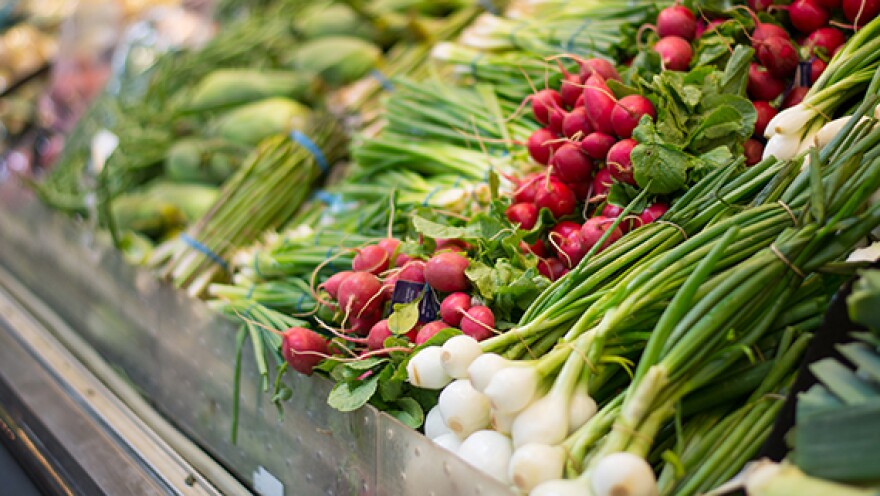The Michigan Department of Agriculture and Rural Development (MDARD) is embarking on a new initiative to strengthen the state’s food systems through the “Farm to Family” program.
As part of the 2025 fiscal year budget recently passed by Gov. Gretchen Whitmer, $3 million will be allocated to the new program to improve food access and support the state’s diverse agricultural sector.
MDARD recently hosted a roundtable discussion at the Georgia Street Community Collective in Detroit, bringing together community leaders, non-profit organizations, city officials and local companies. The meeting focused on identifying challenges and potential solutions within the state’s food production and distribution networks.
MDARD Director Tim Boring said the roundtable was an important step in the early development of the “Farm to Family” program.
“We’re really excited about being able to be more supportive of food systems here in Michigan,” Boring said. “Not only in the production of diversified food on farms across the state but making sure we’re breaking down barriers for greater food access.”
Boring said participants in the discussion pointed out that both small and medium-sized growers face specific barriers in the agri-food chain, particularly regarding access to adequate infrastructure for farming. The discussion also addressed the need for improved distribution systems to ensure locally produced food reaches schools, restaurants and grocery stores across the state.
Beyond discussing the program, roundtable attendees encouraged additional investments – $3 million to support the Fair Food Network’s Double-Up Food Bucks program and $5.1 million to incorporate climate-resilient farming and distributing practices.
“This is a program that’s going to allow us to dedicate more staff resources to having experts around,” Boring said. “I think a lot of the challenge is being able to have a comprehensive understanding of just how nuanced and complicated this chain is.”
“Farm to Family” is still in its infancy, but Boring said the program will focus on creating aggregation hubs, enhancing communication across the supply chain, and leveraging state and federal resources to address identified challenges.
“We certainly know that these are investments in what Michigan does well already,” Boring said. “Resilient, diverse food systems. We know that locally produced food, done the right way, is going to be a big contributor to healthier people, healthier communities, and healthier economies.”

